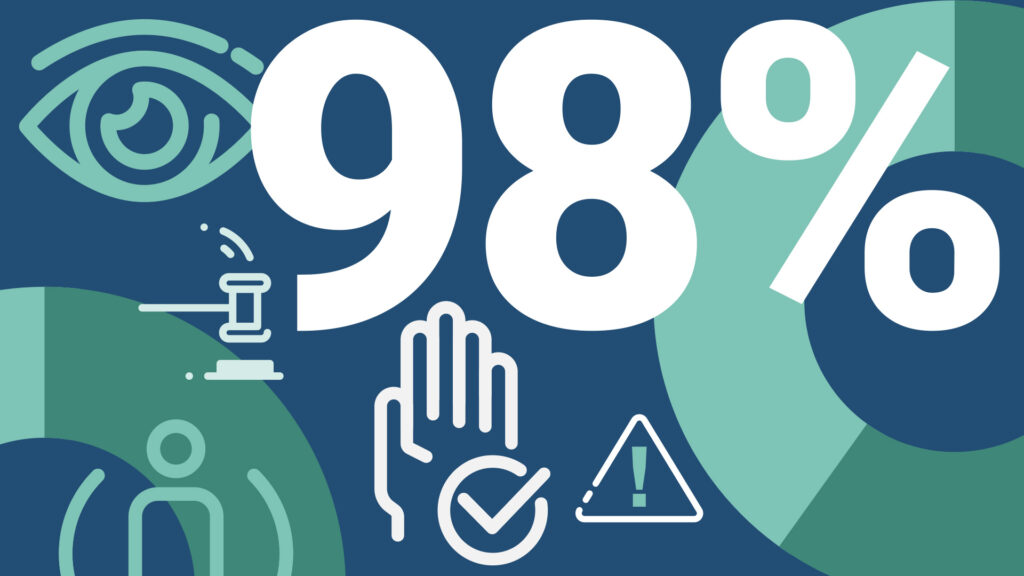
[Infographic] Independent Perspectives Prove Effective in Resolving JV Disputes
98% of disputes that have been referred to a dispute review board do not proceed to arbitration or litigation.
Tracy Branding Pyle is a Managing Director at Ankura who specializes in helping organizations navigate complex transactions, and, in particular, joint venture-related transactions. She works with a wide array of U.S. and international companies across industries to help them structure, negotiate, approve, and launch joint ventures to set these ventures up for success. She additionally advises on governance of individual joint ventures and portfolios of joint ventures to help companies to minimize risk, increase efficiencies, and find value. Prior to joining Ankura, Tracy practiced law at Hogan Lovells, where she advised clients on joint ventures, public and private mergers and acquisitions, and corporate governance matters. Tracy is based in Washington, DC.
View Full Profile
98% of disputes that have been referred to a dispute review board do not proceed to arbitration or litigation.

A neutral third party can be highly effective in resolving JV disputes – and can also fall flat.


JV agreements can be tailored to more effectively prevent, de-escalate, and resolve disputes.

Ankura Joint Venture Index®: Third Quarter 2022

Recent trends in JV transactions, key JV terms, and running an effective JV deal process are highlighted.


Terminations of joint ventures and partnerships should not be surprising, but they often occur earlier than anticipated and can leave partners unprepared.

Who needs to approve this? It’s a question commonly asked by corporate executives. But in joint ventures, it’s not that simple.

World’s response to climate change is exposing companies and communities to new human rights risks • Joint ventures in mining industry will be key to ensuring ESG is not a zero-sum game


Businesses are increasingly partnering to meet their strategic objectives — but neglecting governance puts JVs and their shareholders at risk.